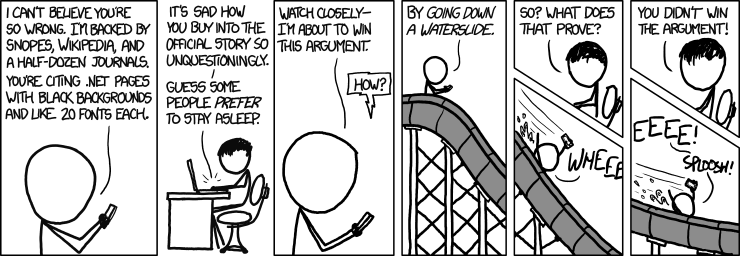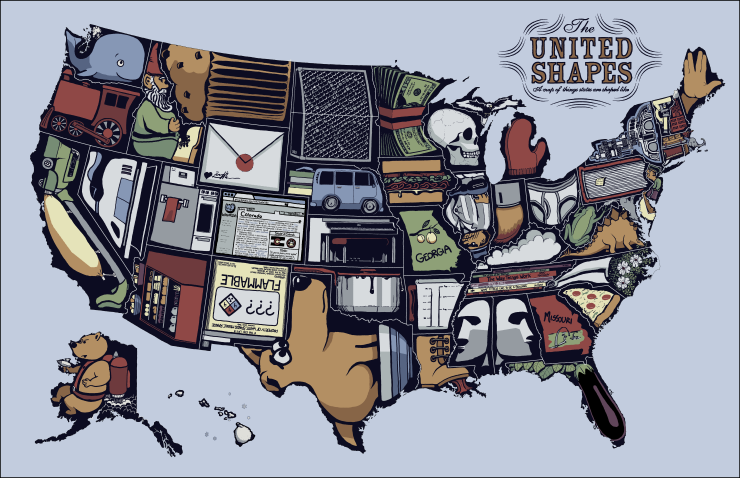
It seems like everyone's a pirate these days - Somali warlords,
German politicians, and even
some bloggers, but one of the truly epic pirates, at least on the basis of name recognition and billable lawyer hours, is
The Pirate Bay. The Pirate Bay is a sort of one-stop shopping destination just about every kind of entertainment download - records, television shows, video games, movies - you name it, they've probably got it. The problem is that they're not licensed to distribute any of this stuff. Yet, it provides the kind of access that most folks would be happy to pay for if the various license holders would just get their heads out of their asses long enough to set one up.
Over at Extreme Tech, Sebastian Anthony summed up the situation about as succinctly as I've seen:
The sad truth, though, is that it’s actually easier to persecute file sharers than to navigate the insane morass of rights holders and licensees on any given TV show, movie, game, or song. If it was easy to create an official, legal version of The Pirate Bay, then the entertainment industry would’ve done it already — they’re not that stupid. After years and years of evidence that criminalizing file sharing doesn’t improve matters, though, you think that the MPAA and co would invest their efforts elsewhere, though — such as hammering out their own Pirate Bay, or creating albums and movies that don’t suck. [ed: See NOTE 2]
BitTorrent usage increases in Europe, following the blockade of The Pirate Bay
The rest of the article is worth a read, if only to gain some familiarity with the issue. In it, Anthony explains that within days of a so-called "blockade" on The Pirate Bay by European Internet service providers, file sharing traffic (see NOTE 1) was back to its previous levels. It really would be more profitable for them to just set up their own Pirate Bay, but the content providers resolutely refuse to do this. It's as though they deliberately hire lawyers who give them bad advice.
This is an old story, of course. Apple's disputes with content providers over the iTunes site have been legendary. Despite my reservations about Apple and Steve Jobs, I'm positive that they could have done a much better job of making their site accessible to users, as well as more economical and convenient, if it had not been for the content providers fighting them every step of the way. Apple is a big company that can afford to hire its own fleet of intellectual property lawyers, yet even they were stymied.
Anyone who thinks that things like Pirate Bay are just about getting things for free is cosmically mistaken. That's the motivation many people have, especially now that it's been possible to get these things for free for so long. But plenty of people would be glad to pay for a service where they could download their favorite entertainment easily and reliably. The content providers, for whatever reasons, have refused to provide it, or even acknowledge that it's possible.
Afterword: For an interesting take on the state of intellectual property law, I suggest reading Thom Holwerda's recent rant on the World Trade Organization's effect on that state of affairs. We really do live in an age when a few people can decide how things go in many areas of our lives, whether those decisions make any sense or not.
NOTE 1: BitTorrent is a data communications protocol for file sharing. The beauty of this technology is that it spreads the burden of downloading among the downloaders themselves, lowering the bandwidth requirement for the torrent provider. It is not, as many folks like the RIAA and MPAA like to assert, a protocol intended to enable piracy. Piracy can be, and is, done with many protocols, including the Hyper Text Transport Protocol (HTTP), the same one that provided this web page to you.
NOTE 2: Or, they could lobby for better income distribution, so that more working stiffs would have enough disposable income so they wouldn't mind wasting more of it on crappy movies and records.





















